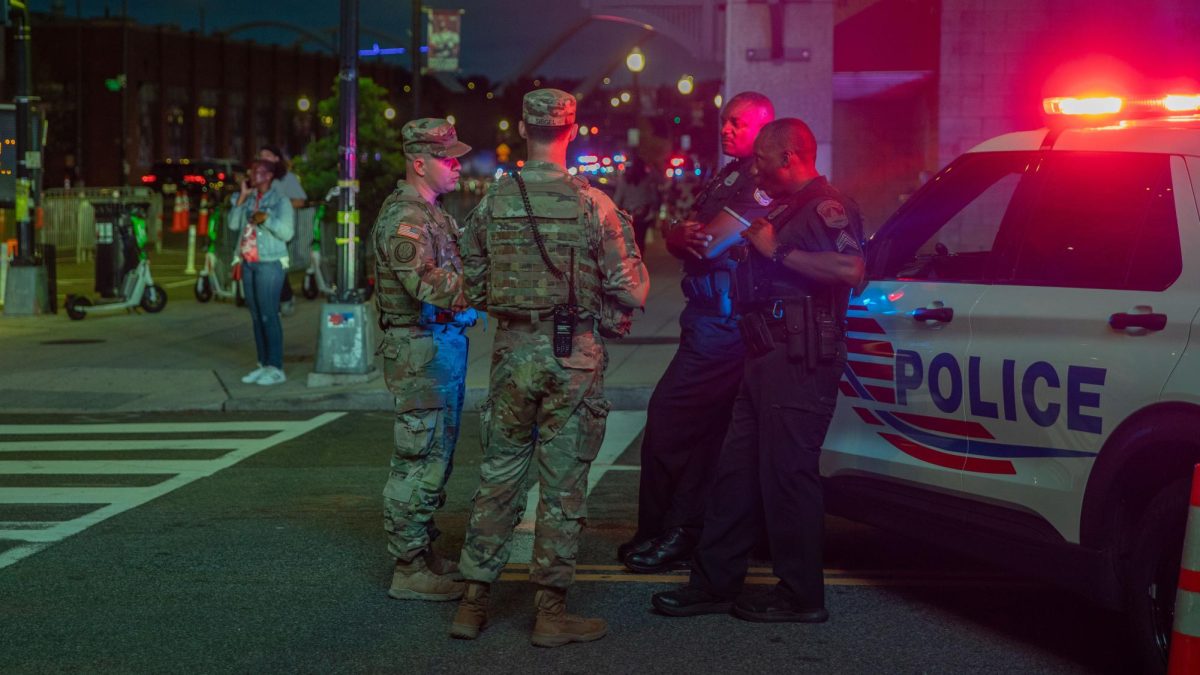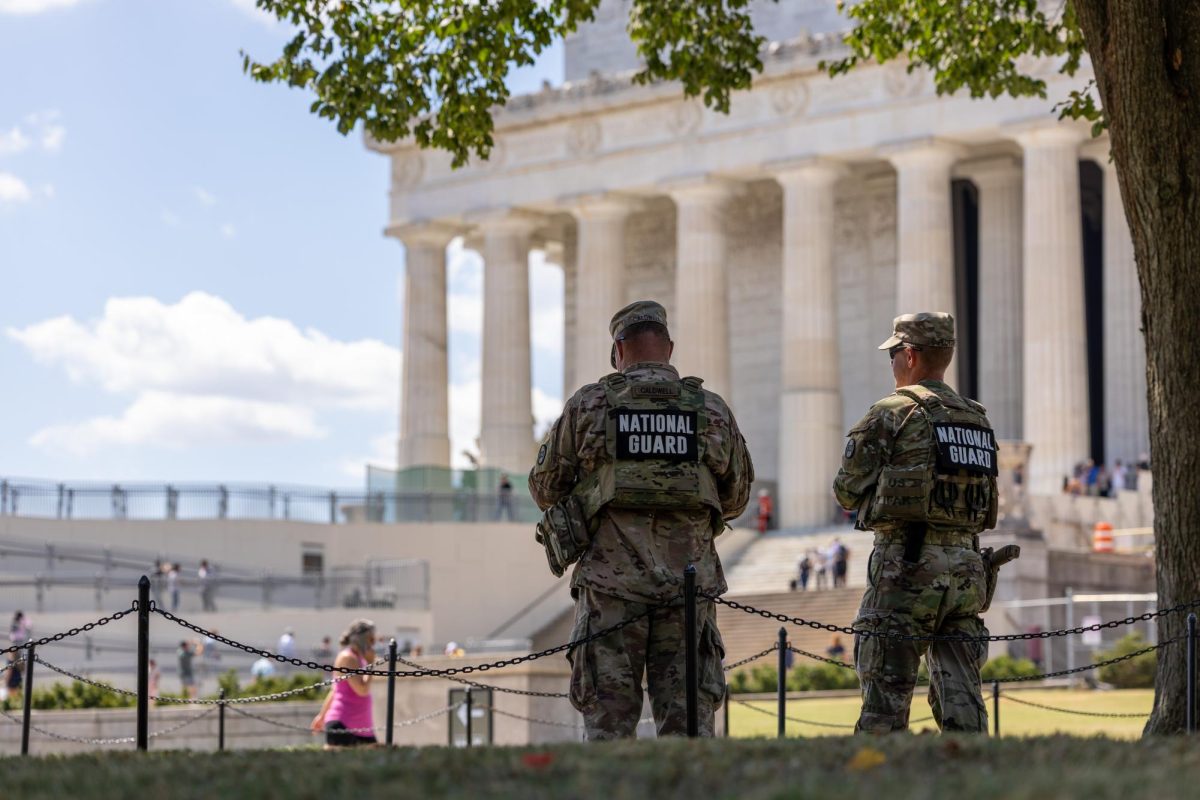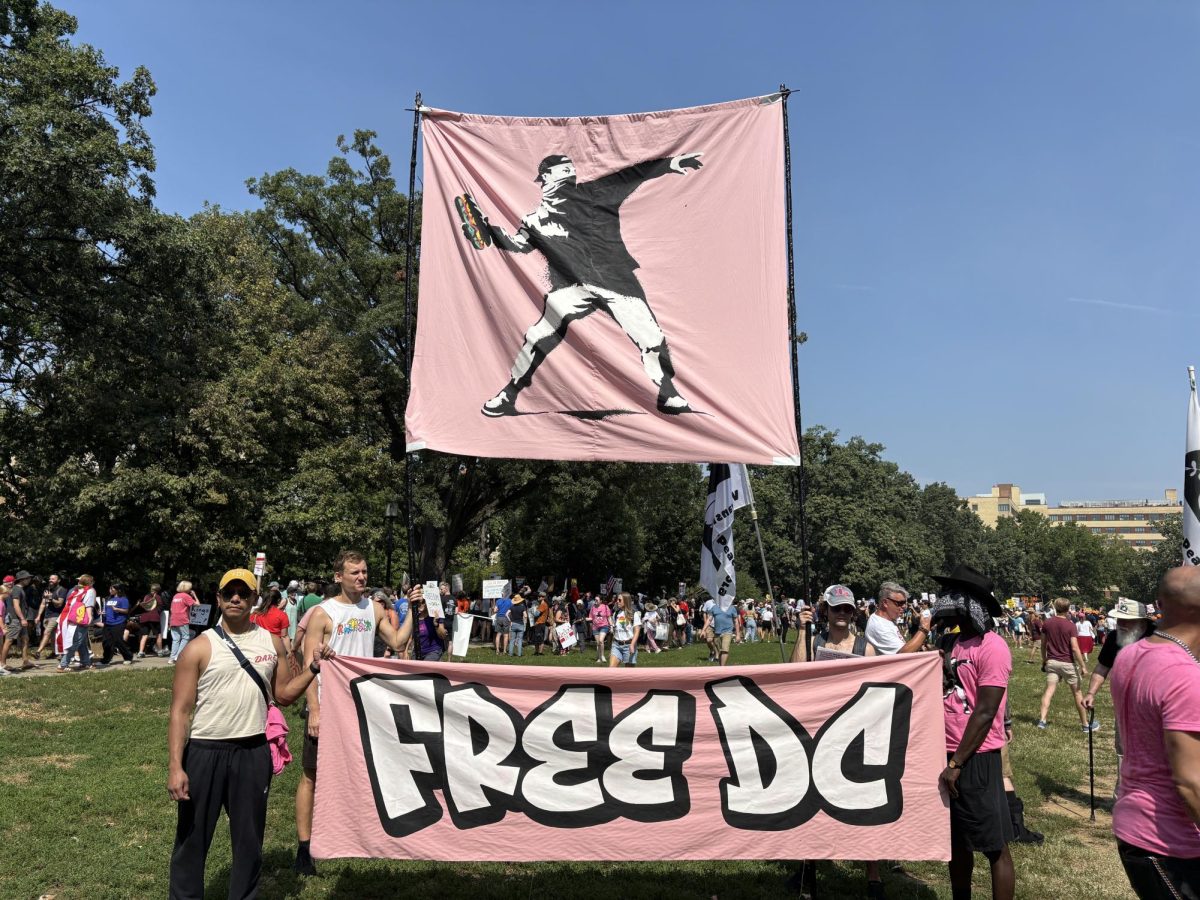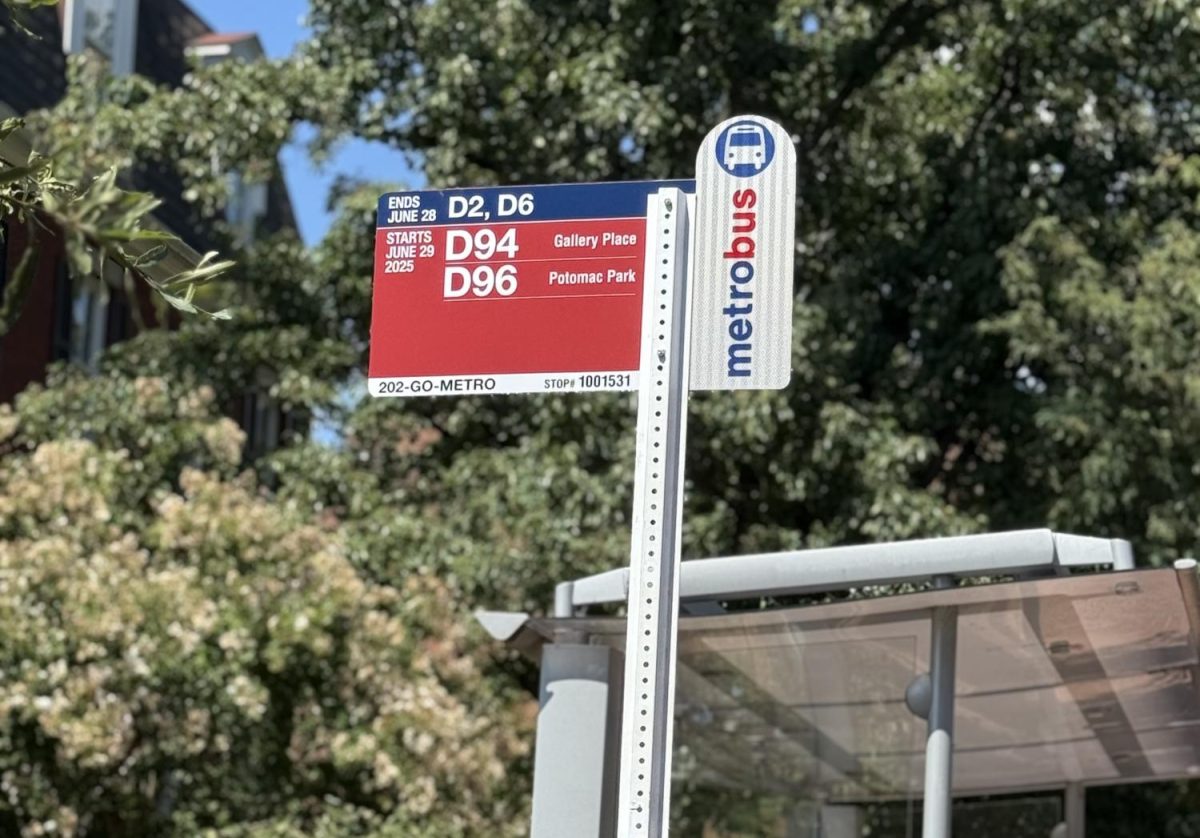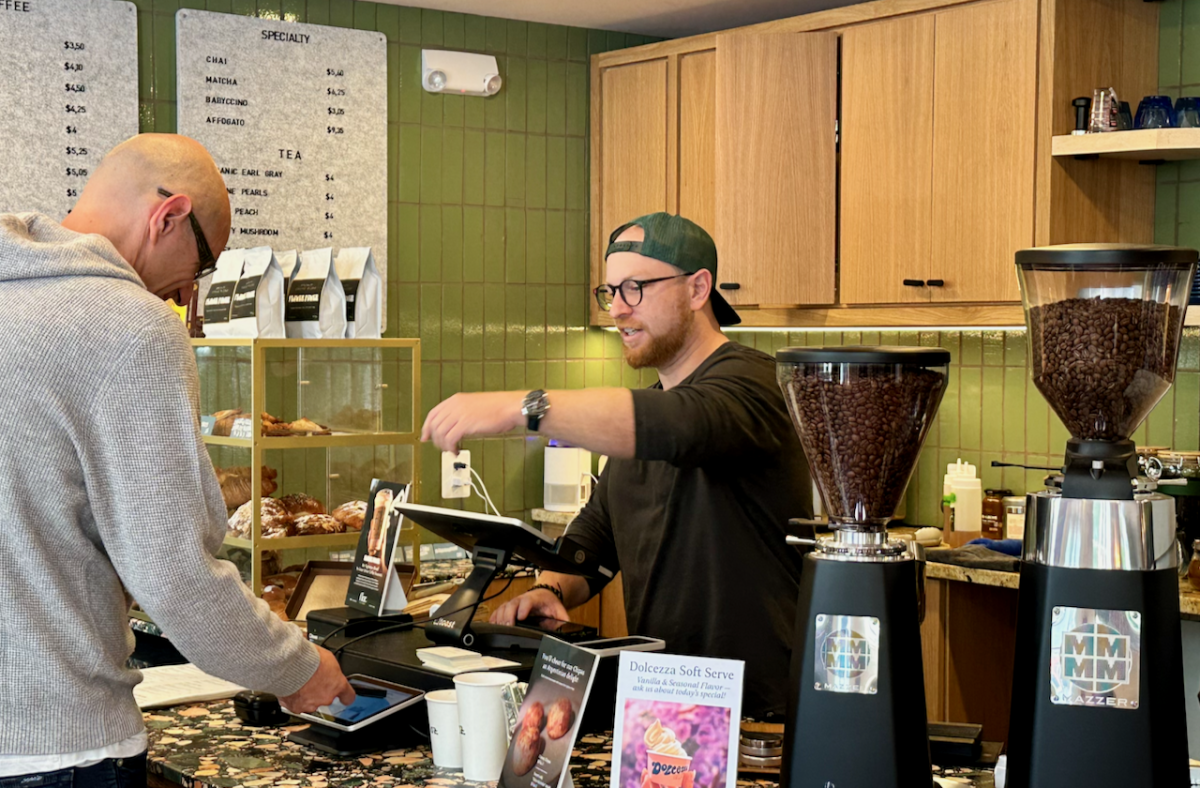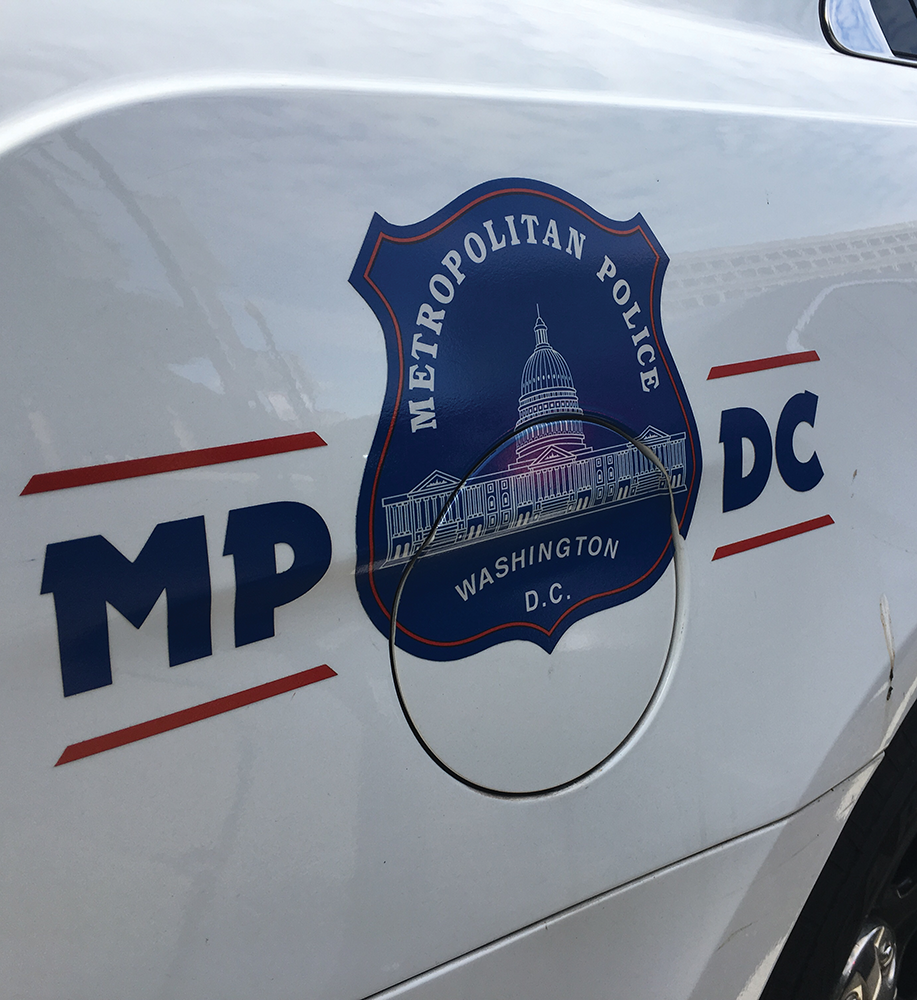The Cedar Hill Regional Medical Center GW Health, a clinical integration between the George Washington University (GWU) Hospital and Cedar Hill Urgent Care, opened its doors to community members in Washington, D.C.’s Ward 8 April 15.
Cedar Hill, a full-service hospital, replaces United Medical Center (UMC), previously the only hospital in Wards 7 and 8, which includes much of southeast D.C. The new hospital, the first of its kind built in the past 25 years, expands medical services previously only offered outside of the District and includes 136 beds and various departments, including trauma, maternal health and delivery.
Edilma Yearwood, a professor at the Georgetown University School of Nursing (SON), said Cedar Hill will likely address community disparities by including a maternal health facility.
“I think they’re hitting the right things: It’s cardiac, it’s mental health, it’s women’s health, it’s gastroenterology,” Yearwood told The Hoya. “It’s got a lot of the pieces that I think our community in Wards 7 and 8 absolutely need, and they don’t need to travel out of the area to get the care they deserve.”
“I’m glad they made the decision to make the hospital because it’s totally what’s needed,” Yearwood added.
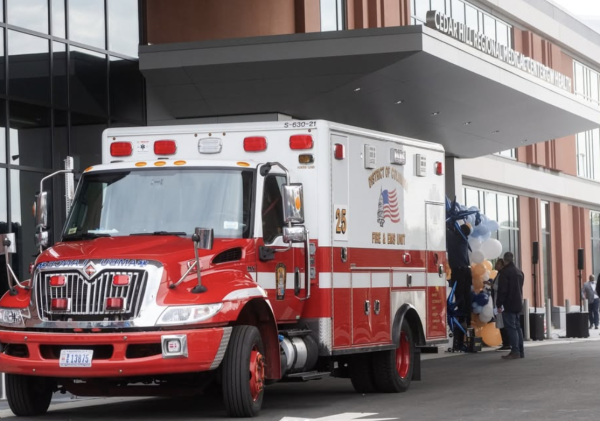
According to a 2020 report by the D.C. Department of Health (DOH), Ward 8 residents had the lowest life expectancy in the District at 70.5 years due to low-quality health care. Ward 8’s infant mortality rate is also four times higher than that of Ward 3 — the city’s wealthiest ward — and the rate among Black individuals is five times higher than among non-Hispanic white individuals, according to 2022 public data from the D.C. DOH.
The hospital fulfills D.C. Mayor Muriel Bowser’s 2015 pledge to build a full-service facility in southeast D.C.
Bowser said in a statement that the new hospital provides vital service in Wards 7 and 8.
“Families will be able to get prenatal care and welcome new babies close to home, seniors and residents will have access to the specialists they need, and trauma patients will receive lifesaving care quickly,” Bowser said in the statement. “Today, I am incredibly grateful for all the teams and people who worked with us to make this happen and I am hopeful about the future of healthcare in DC.”
In 2017, UMC’s board voted to permanently close its obstetrics ward after the DOH found the hospital had repeatedly failed to meet health and safety standards, leaving southeast D.C. residents without critical pregnancy care.
Mikayla Friedman (SOH ’27), who is studying global health and social disparities, said Cedar Hill’s expanded services will be crucial in addressing health care disparities in the area.
“This hospital has specific areas for trauma care or maternal health trauma incidents,” Friedman told The Hoya. “That’s insanely important.”
Yearwood, who also serves as program director for a five-year grant-funded project examining social determinants of health, said social conditions are inherently linked to health, noting the greater instance of poor living conditions among many disadvantaged communities.
“They’re dealing with insects, they’re dealing with rodents, they’re dealing with heating inconsistency,” Yearwood said. “We have a huge population of kids in lower-income families that are dealing with asthma, which could be triggered by some of these environmental things.”
Friedman, who works with D.C. Reads, a tutoring service under Georgetown’s Center for Social Justice Research, Teaching & Service (CSJ) serving elementary-aged students in Wards 7 and 8, said the hospital is an important part of addressing the community’s needs but additional services are also necessary.
“This is amazing, but it needs to be in conjunction with other things: community health worker programs, primary care clinics,” Friedman said. “You need people going to get checkups and to vaccinate their babies.”
“I’m hoping they can really address a lot of the disparities in those areas,” Friedman added.
Yearwood said Cedar Hill should continue working with communities to ensure its services are meeting the needs of the city’s residents.
“I think that anything you put in a community like that should be informed by community voices,” Yearwood said.



